01/2019
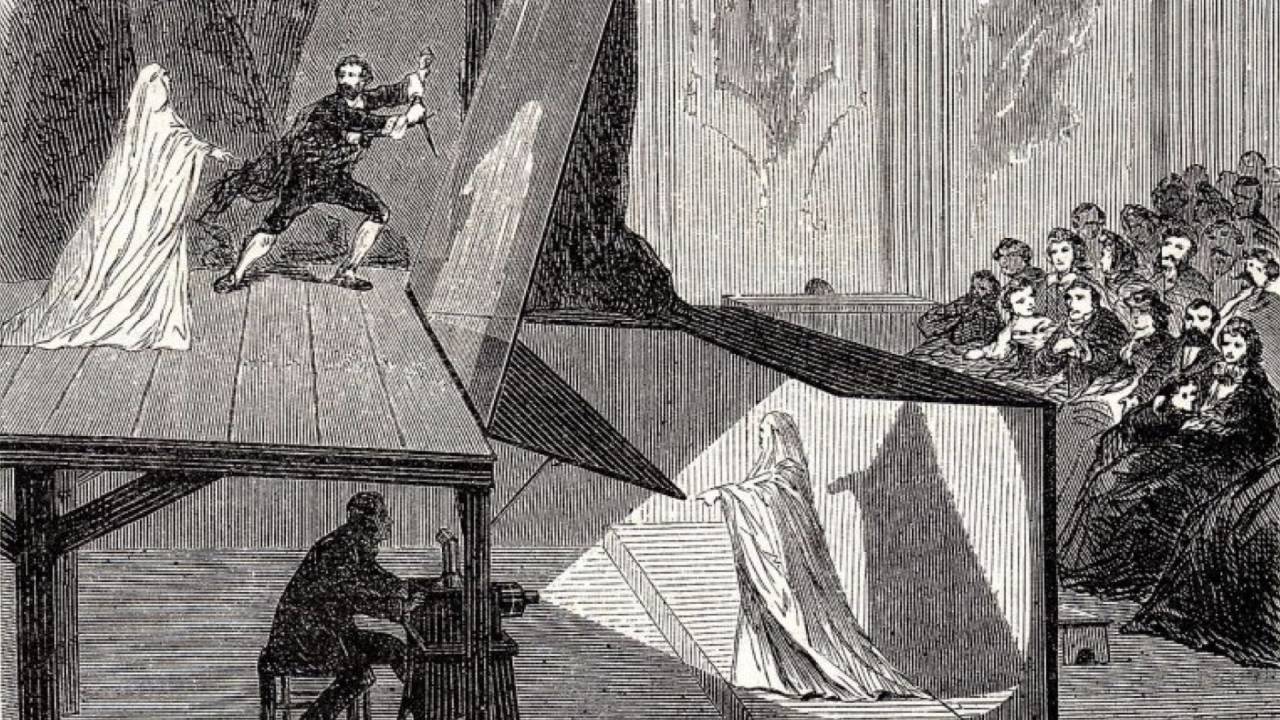
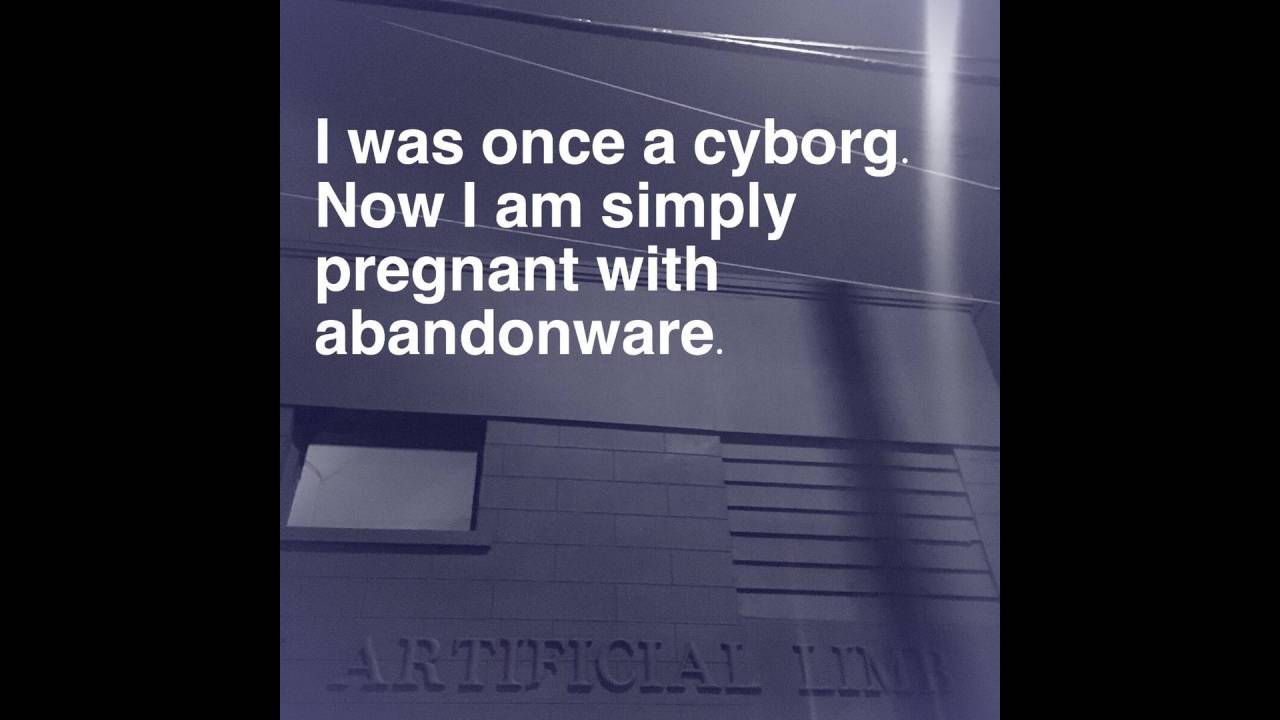
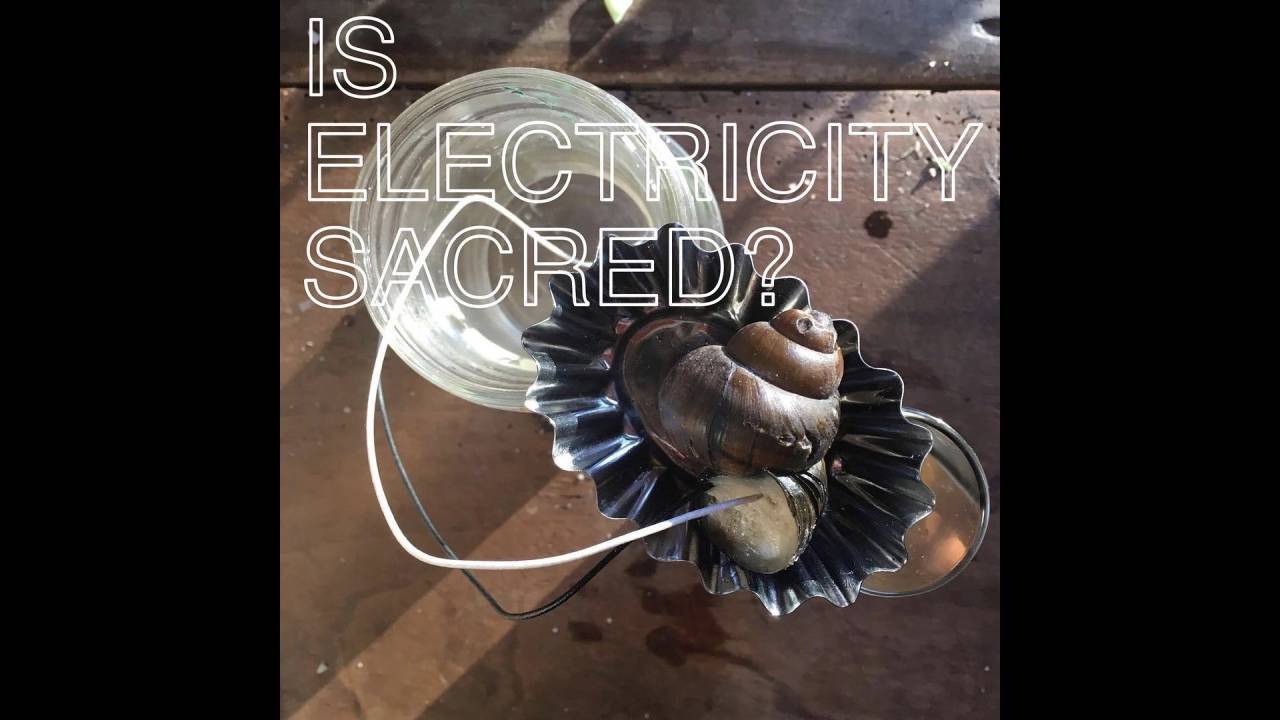
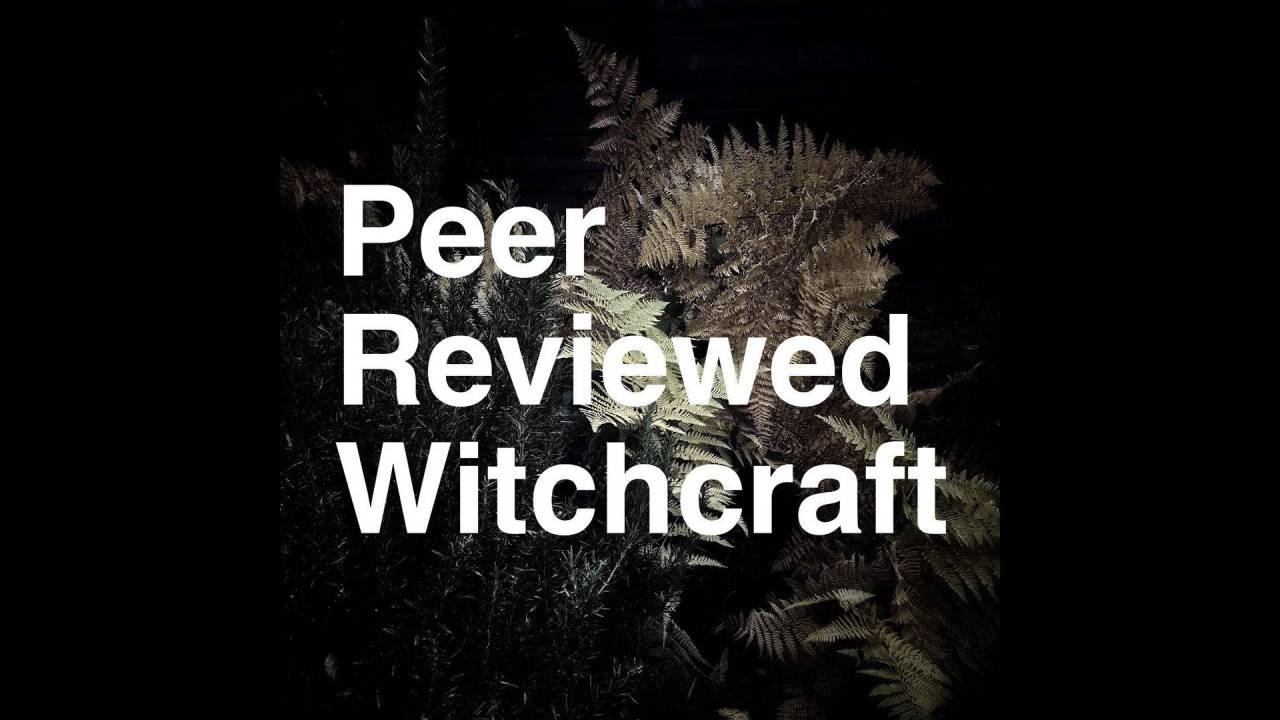
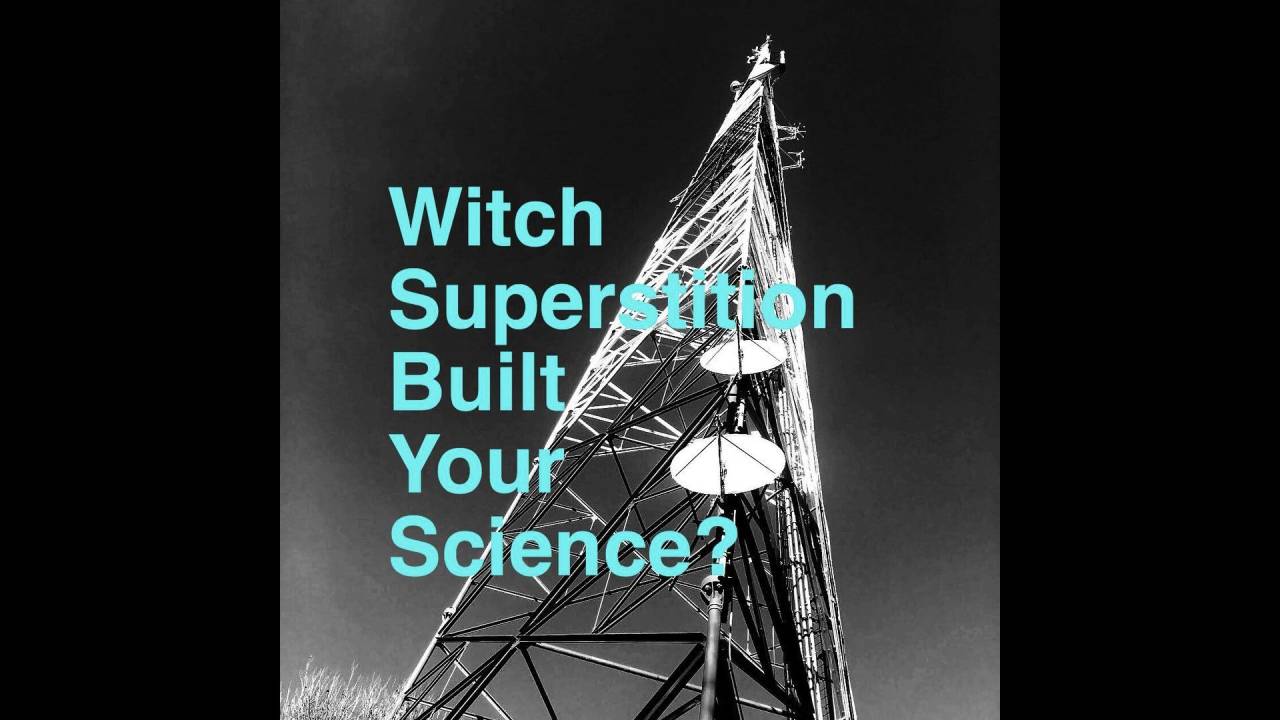
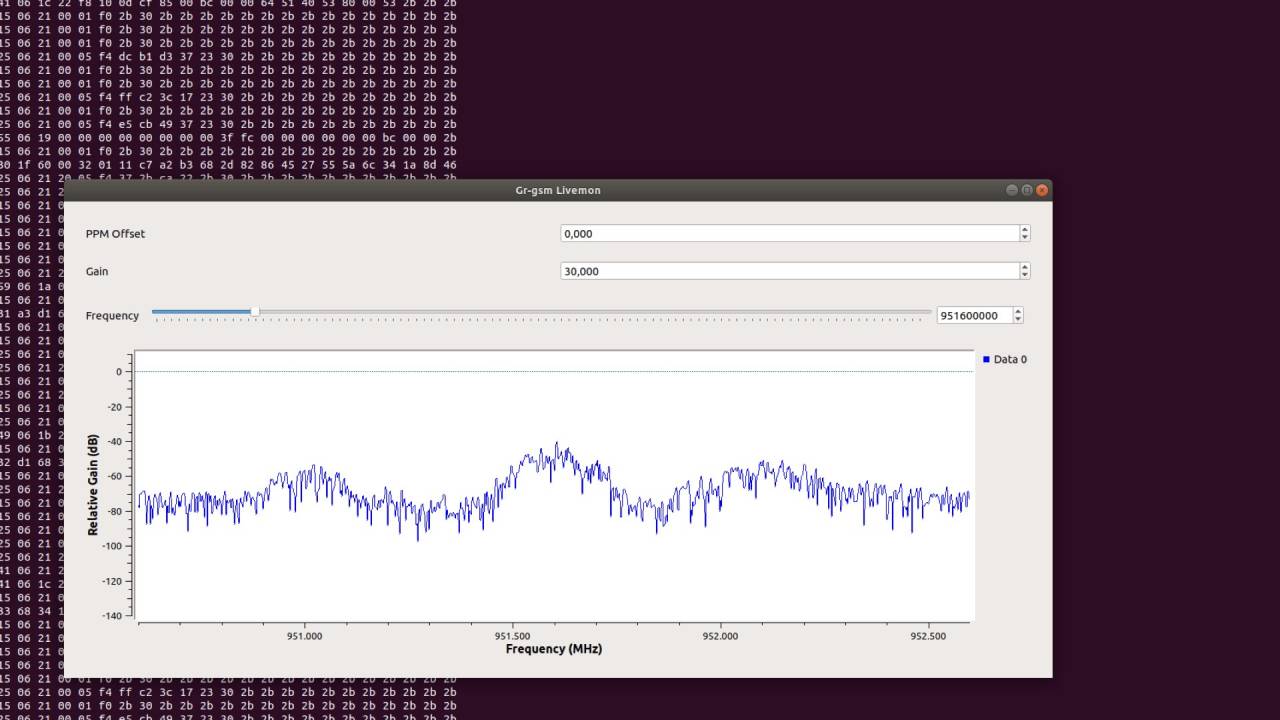
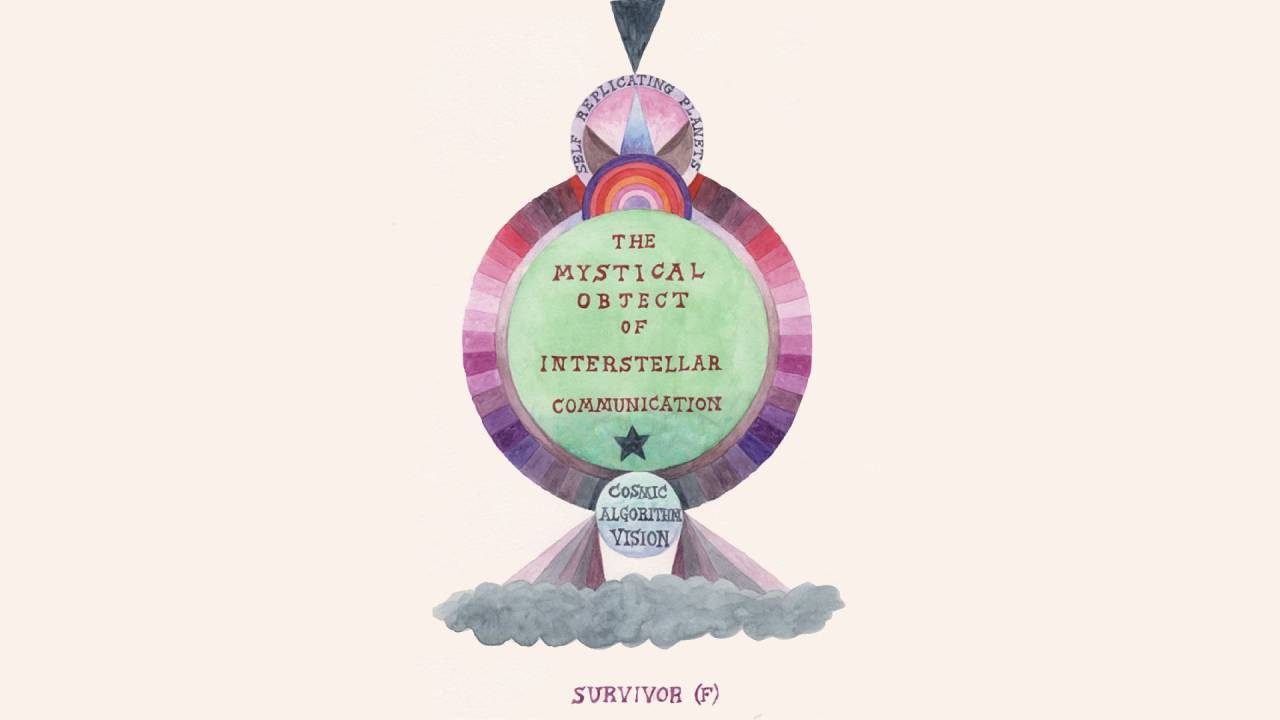
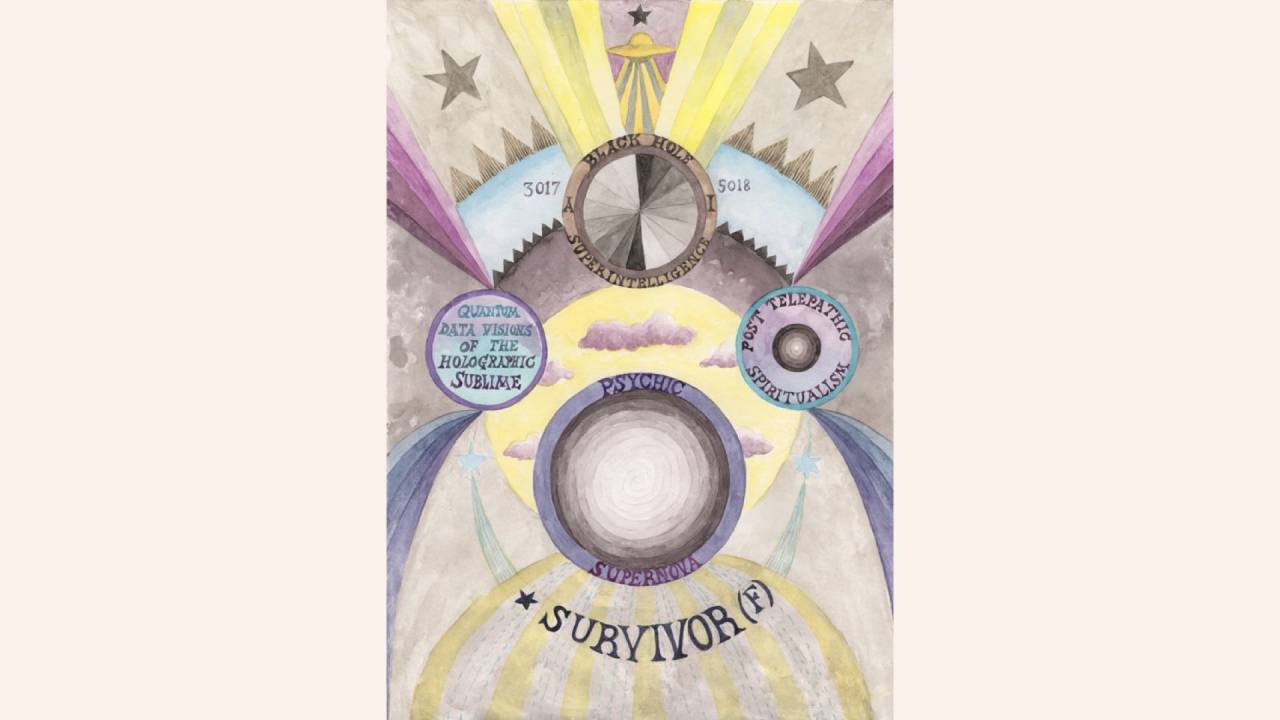
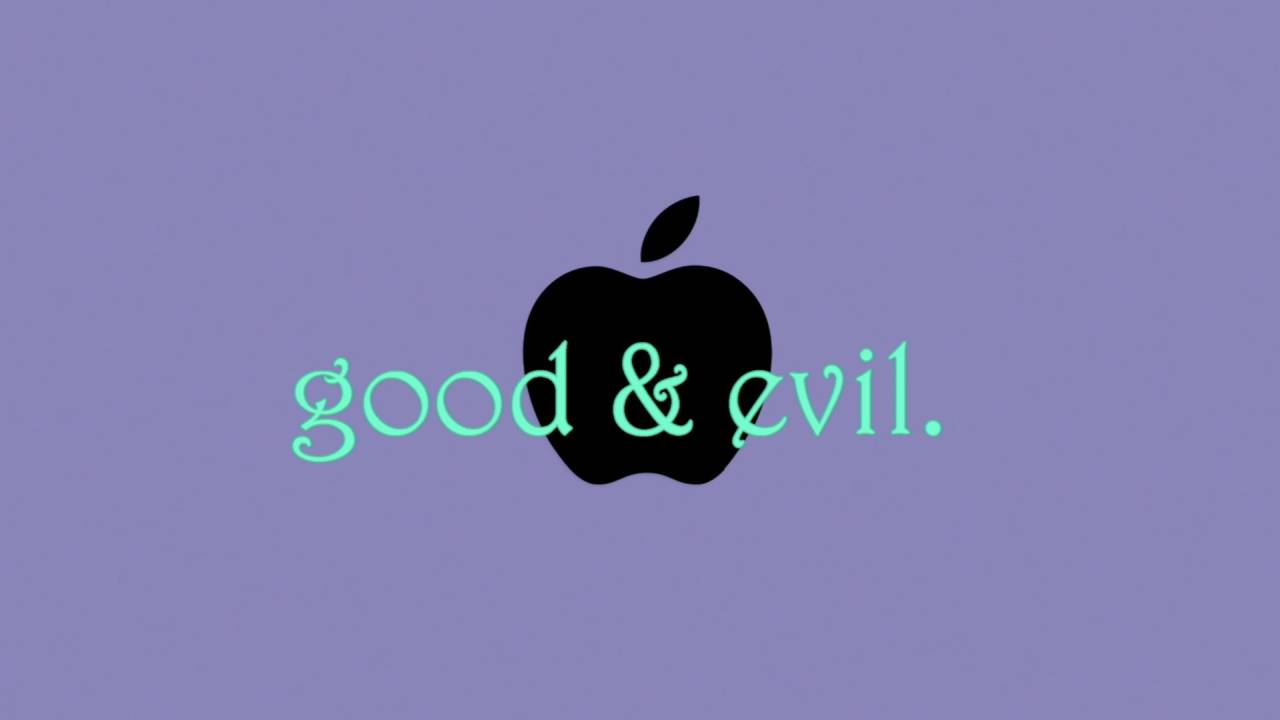
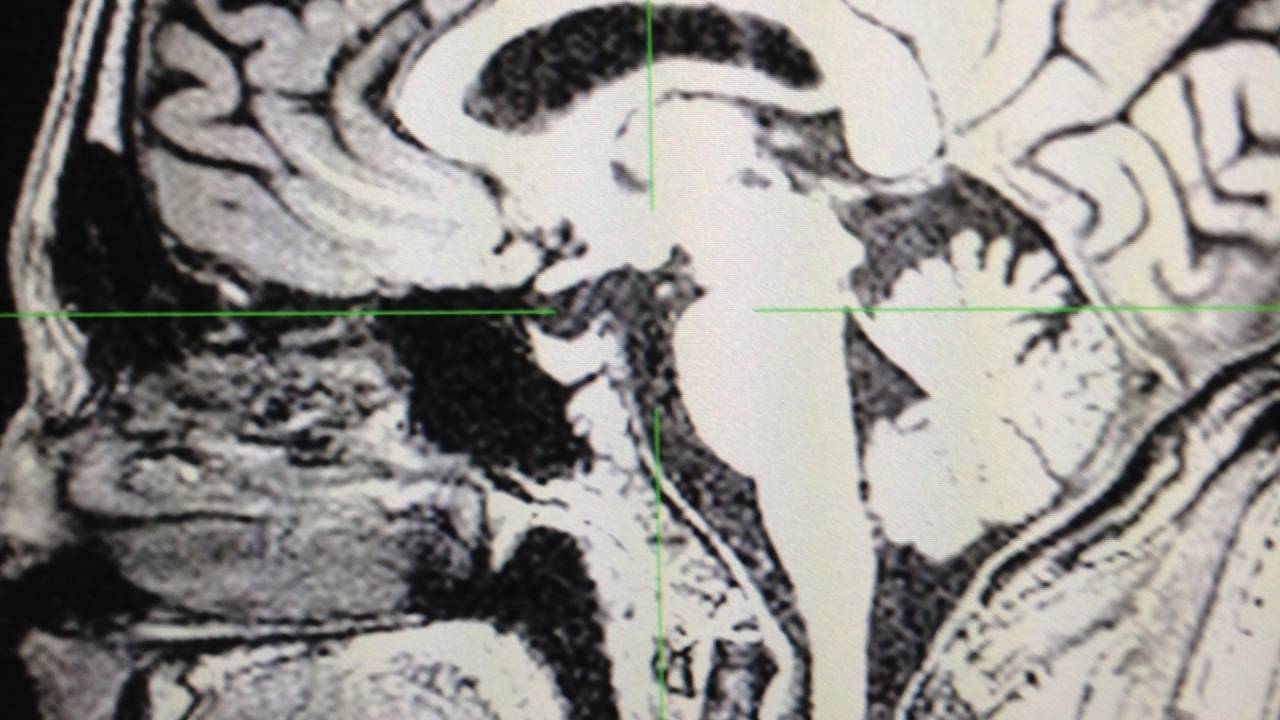
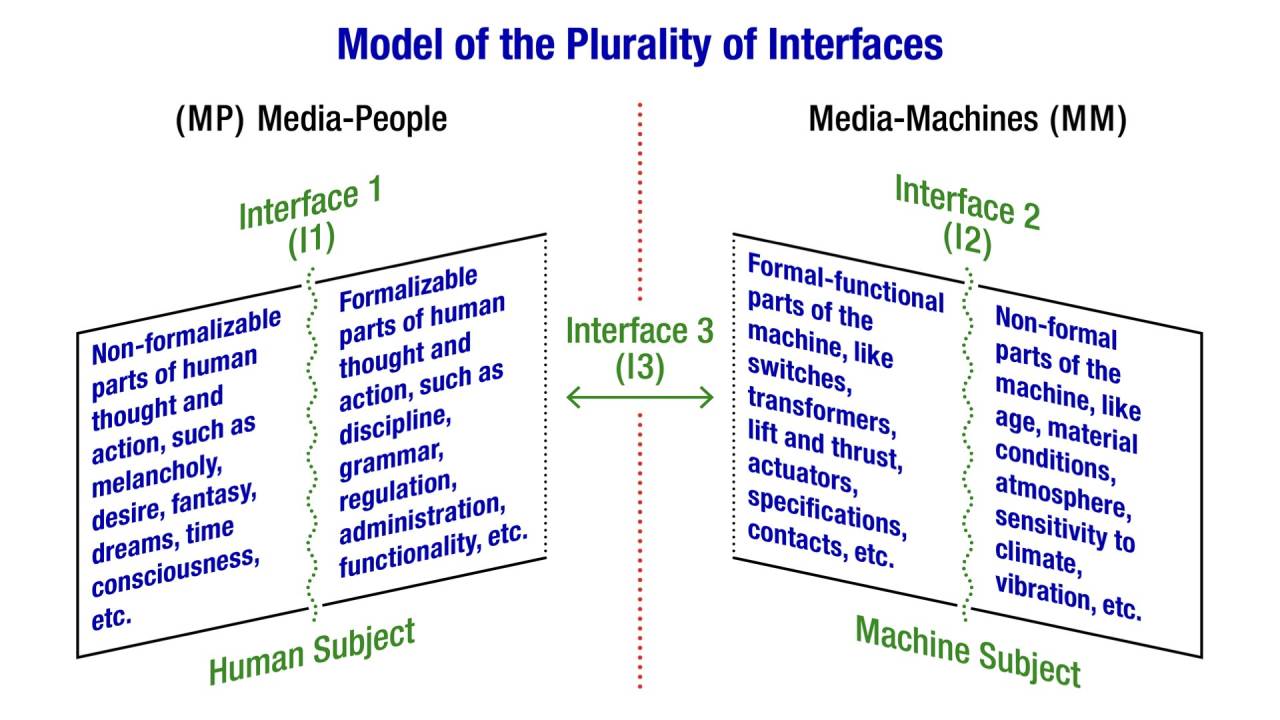

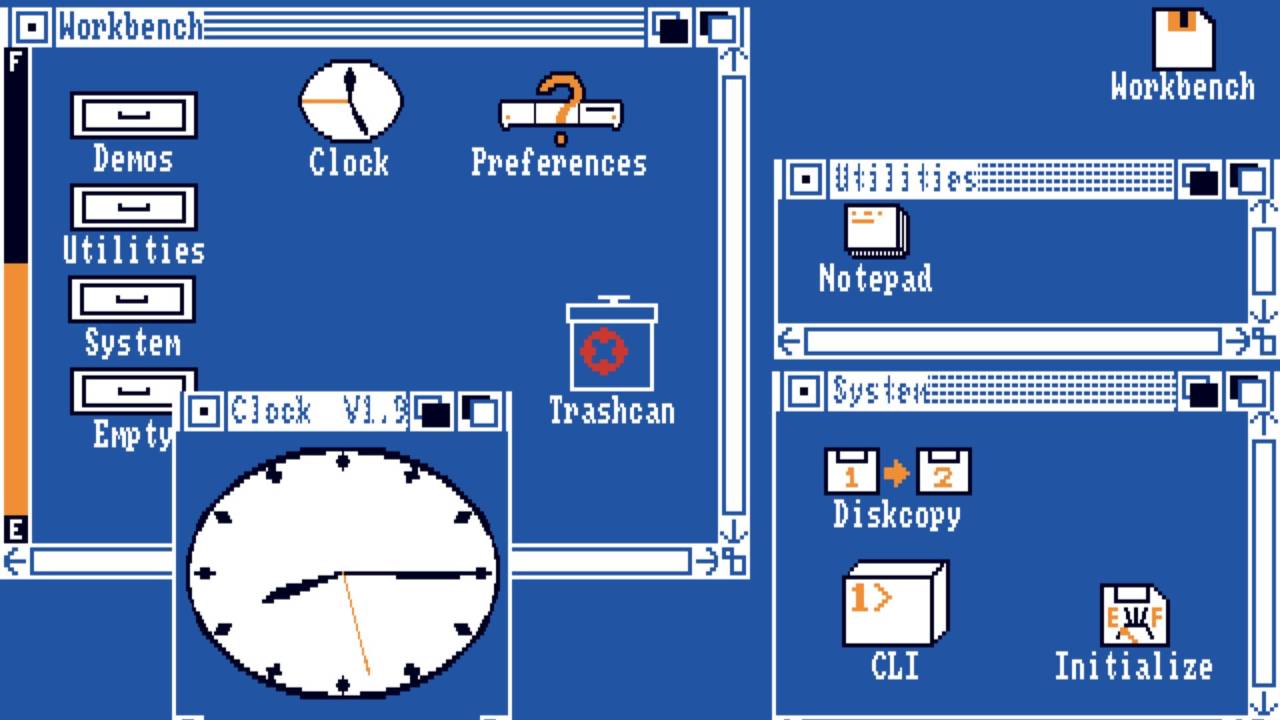
The Apocryphal Technologies research trajectory spurred the development of communities and contributions for a special issue of the journal continent. Created, curated and edited in collaboration with media scholar and historian Anthony Enns, Apocryphal Technologies became Issue 8.1 & 2, a doubly special, double issue of the continent. journal of media, philosophy and materiality.
The special issue addresses the idea of how the fairly ancient concept we call “truth” has been morphed and manipulated of and for media technological ends. Muddling through 'modern life' means that we must try and poise ourselves somewhere in between 'truth' and 'lie', 'verifiability' and 'faith', because, in practice, things are never entirely subject to whim, spurious input or personal opinion, but neither are they always impermeably empirical, tested and proven. Sometimes, we check our references. Jacques Ellul famously argued that modern technologies convey “the feeling of the sacred,” as they are “always joined to mystery and magic,” and he diagnosed this quasi-religious faith as an expression of the human “power instinct,” as technologies effectively transform average citizens into “heroes, geniuses, or archangels.” Anthony Giddens similarly argued that our trust in technology tends to increase the more the complexity of technological systems surpasses our understanding, as “faith is sustained in the workings of knowledge of which the lay person is largely ignorant.” However, he also emphasized that our inability to understand these systems can lead to resistance, as “ignorance always provides grounds for scepticism or at least caution.” The contemporary condition which produces "Apocryphal Technologies" inspire utopian fantasies and conspiracy theories, cultural techniques of the imagination wherein technologies are imagined as the solution to and cause of all of our problems, with salvation and extinction potentials.
The resulting set of investigations, ranging from debunking of In vitro fertilisation technologies to discussions of mythic and imaginary aspects of digital technologies and computational algorithms, included contributions from Matt Bernico, Jill Galvan, Douglas Kahn, Meghan Elizabeth Trainor, Heidi Barkun, John Modern, Steve Connor, Tamara Kneese, Zach Horton, Siegfried Zielinski, Moritz Greiner-Petter, Stephen Cornford, Everest Pipkin, Laurence Rickels, Nicolas Nova, Peter Moosgaard, Graydon Wetzler, Dan Mellamphy, Félicien Goguey, Roger Luckhurst, Karin Ferrari and Bernhard Gustav, and contributing co-editors Jamie Allen and Anthony Enns.